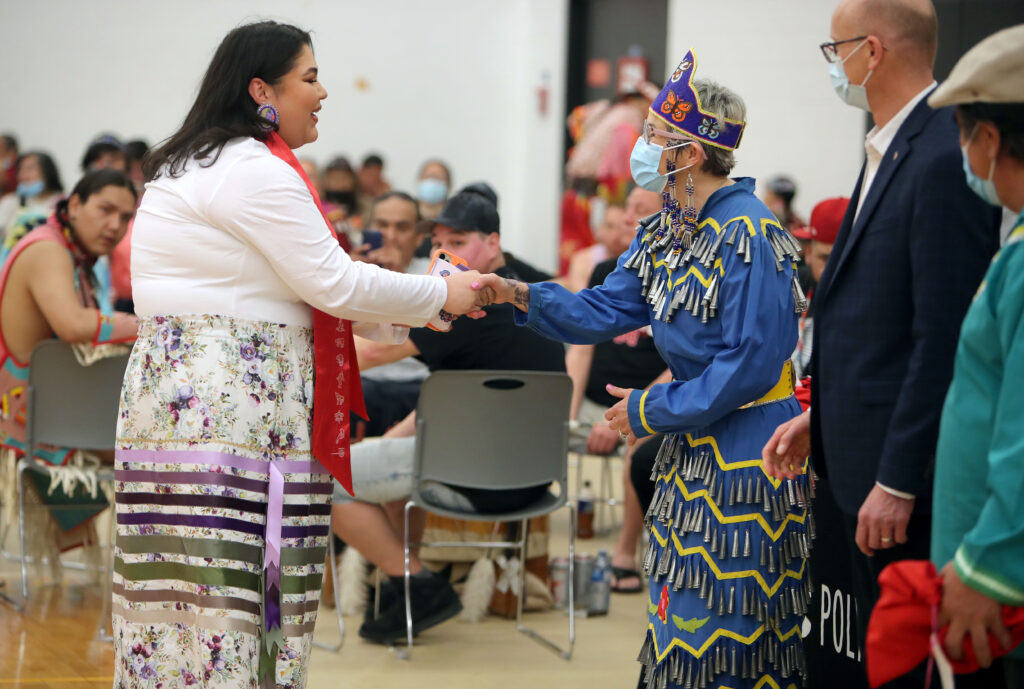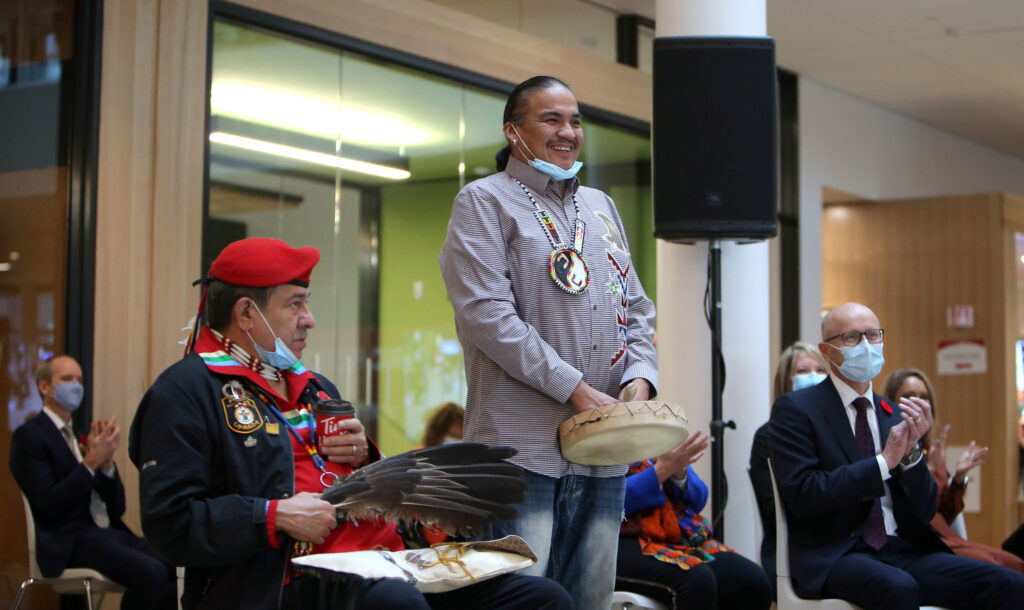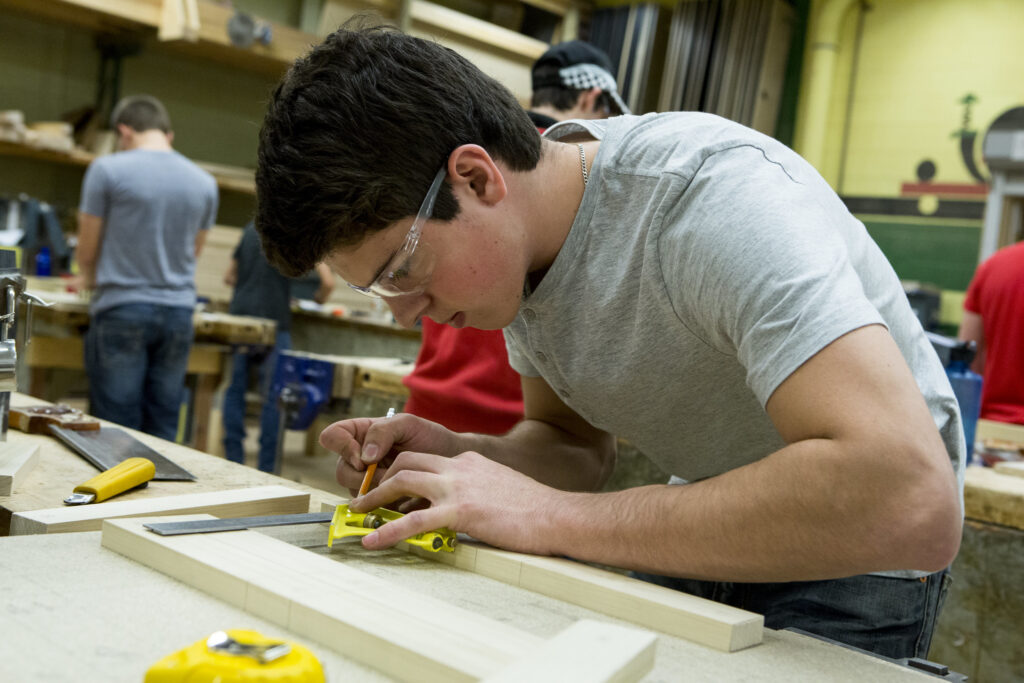Careers in electrical engineering technology: Grads set for exciting paths thanks to co-op opportunities, expert instructors
As the country and world at large becomes more connected, electrical engineering technologists are critical to maintaining those connections because they design, install or maintain all types of electrical and electronic systems.
Fiona Hatherell, an instructor in RRC Polytech’s Electrical Engineering Technology (EET) program, puts an even finer point on it.
“The kinds of jobs EET graduates get are kind of invisible to the everyday person,” she says, noting these behind-the-scenes, yet critically important careers include electrical technicians, broadcast engineers, technical writers, substation technicians and more.
In RRC Polytech’s program, students gain a foundational knowledge in their first year of the 28-month diploma program. After that, they enter one of three specializations — Electrical Engineering Technology, Electronic Engineering Technology, or Instrumentation and Control Engineering Technology — before a mandatory co-op where they get to put their knowledge to work.
Students also have the optional opportunity of a co-op between first and second years, which can help them bring some practical knowledge back to the classroom.
“They come back from co-op with a really enriched sense of where they’re going in their program,” says Hatherell. “They have stories and a much better understanding of what they’ve seen and how to apply it in the classroom. It’s quite incredible.”
The co-op aspect of Electrical Engineering Technology isn’t simply about sending students off without direction, however. RRC Polytech instructors, including co-op coordinator Hojat Norouzi, take an active role in monitoring students and pushing them toward success.
“I monitor and try to secure as many jobs as possible for our students. Employers will post a job with us starting in January each year, and students will receive emails about particular jobs, where they’ll then have the opportunity to apply.”
Norouzi says the mandatory co-ops, strategically timed at the end of Year Two, often create a launch pad for entry level jobs.
“In many cases, I would say more than 80 per cent of the time, the student working in the co-op program — especially in the second year — the same employer will hire them when they graduate. I’ve seen many cases when a student finishes [their first] co-op, they come back to do the final term and they continue working at that company, too. If a student is performing well, they would secure a full-time job after graduation.”











